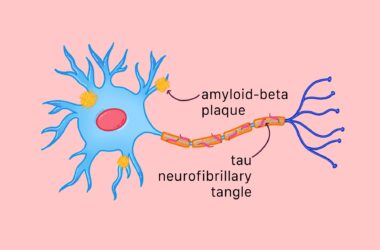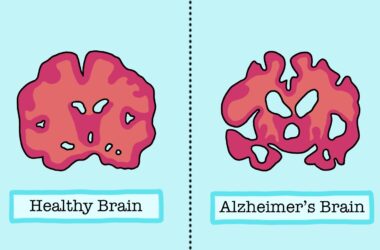To kickoff the Science Undergraduate Society’s ‘Academia Week: To Science and Beyond,’ David Ragsdale, associate professor in the Department of Neurology and Neurosurgery, explored questions on morality and neuroscience. Within every human head, there is a tangible organ associated with something fundamentally intangible: The mind.
“Your brain is a physical thing,” Ragsdale said. “You can hold a brain in your hand, and it takes up space, and it weighs something [….] Your mind is something different. It doesn’t weigh anything; it doesn’t take up any space.”
Unanswered questions surrounding the mind and its relationship to the brain often cause overlaps between the fields of neuroscience and philosophy. In his work, Ragsdale attempts to answer various existential uncertainties by mapping out what the scientific community currently knows of the brain’s circuitry and components.
“There are about 100 billion neurons in our brain,” Ragsdale said. “Each one of those cells is an extremely-complex computational machine.”
Even with this elaborate mapping of the mind, brain interconnectivity is still a mystery.
“The complexity on the microscopic level is so vast that it’s hard to understand how we can ever map that and understand it,” Ragsdale said.
Researchers still do not have a clear understanding of the nature of the discrepancy between the perceptions of signals and the actual reception of signals turning into thoughts.
“Why is it, that when I look up at the sky, it actually looks blue?” Ragsdale said. “How is it that, when I perceive things, those perceptions actually feel like something? There are lots of technical problems about the brain that we are addressing, but those are the problems that seem most mysterious. The problems that have to do with how we get from the things we sort of understand that the brain is doing to the things that seem so impossible for us to explain.”
Combining philosophical questions and scientific questions can drive forward the barriers of knowledge in both disciplines. Ragsdale emphasized the intersection of knowledge throughout his lecture, encouraging questions to which the answers remain unknown.
“[If I could ask the universe for one thing,] I would ask if it could tell us how to represent thoughts and how to interface with other brains,” Armaan Fallali (U1 Science) said while attending the event.
The overlap of philosophy and neuroscience plays out in mundane tasks, such as picking up a cell phone or taking a bath. These actions involve free will and autonomy and are coupled with movements that evoke thoughts and feelings, showing just how complex our computational system is.
“You’re not just an automaton,” Ragsdale said. “There’s actually a ‘you’ inside there, and, as far as we can tell, those properties emerge from the information processing properties of the brain as well.”
Most crucially, Ragsdale stressed that we should never stop asking questions about the brain and the mind. There is still much that is unknown about how the brain perceives itself and the world around us. There are paradoxes and ambiguities but, eventually, as Ragsdale suggested, we may be able to unlock the mysteries of our own minds and finally understand our own existence.









